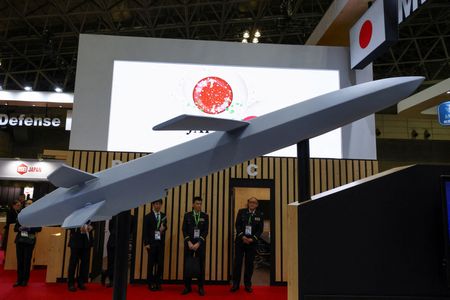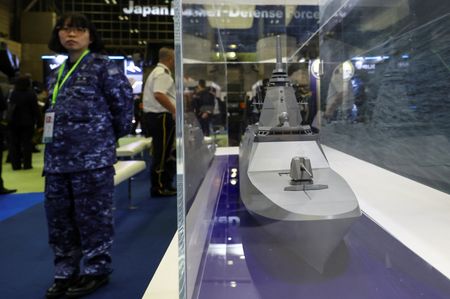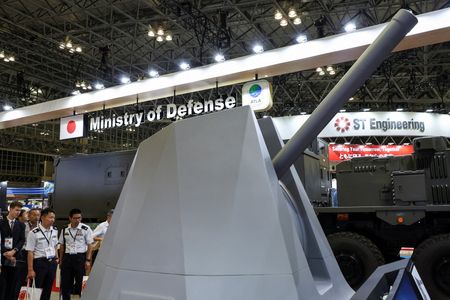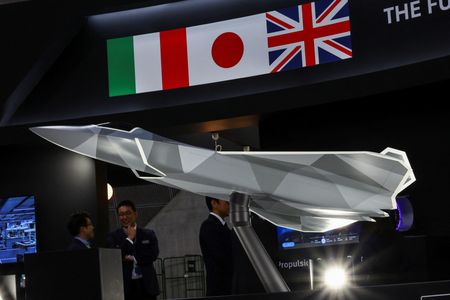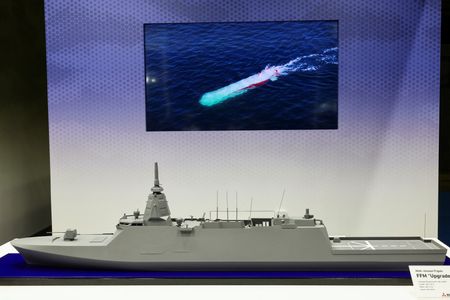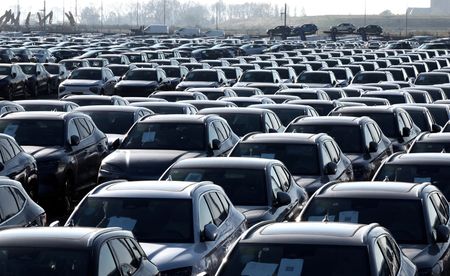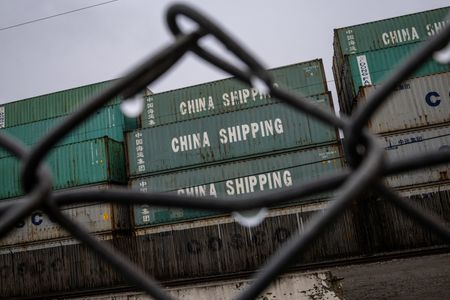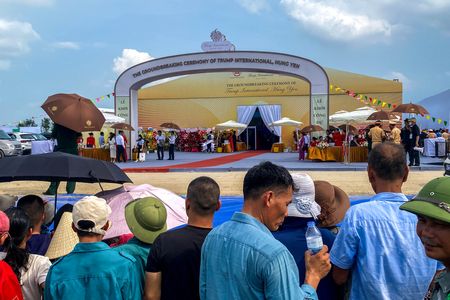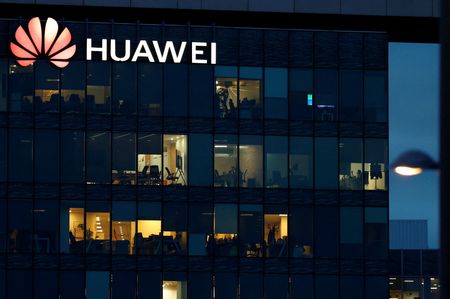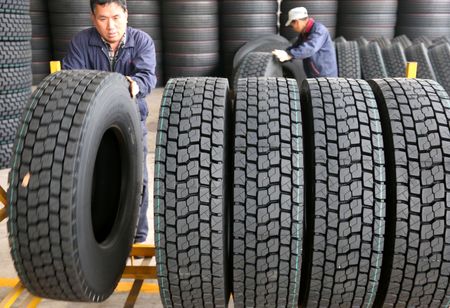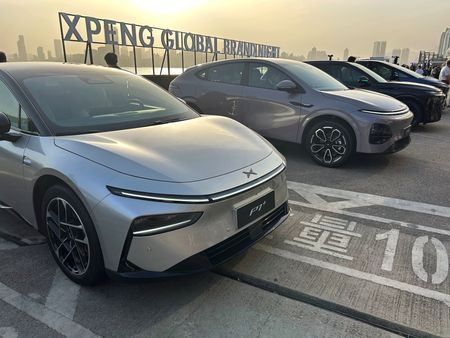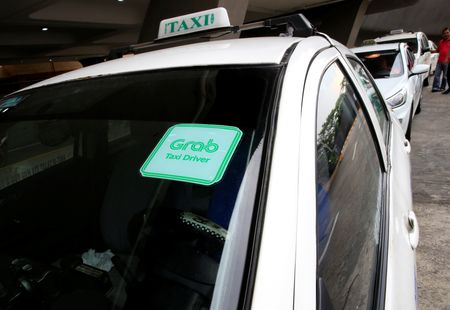By Tim Kelly
TOKYO (Reuters) -Japan opened one of its largest-ever arms shows on Wednesday in a display that Defence Minister Gen Nakatani said marked the pacifist nation’s deepening push for overseas defence cooperation and weapons exports.
The DSEI Japan exhibition near Tokyo showcased Japanese missiles, warships and research into lasers and electromagnetic railguns. The event, double the size of the 2023 show, drew 471 firms from 33 countries, including 169 from Japan — twice as many as two years ago, according to organiser Clarion Defence & Security.
“I sincerely hope that this exhibition will provide a new opportunity for cooperation and exchange between national delegations and companies, help sustain defence industry development, drive innovation and promote peace and stability,” Nakatani said during a speech at the event.
Japan has been gradually stepping back from the pacifism that was the cornerstone of decades of defence planning after the country’s defeat in World War Two.
It lifted a military export ban in 2014, and is taking its first steps into global defence cooperation encouraged by the United States and European partners eager to share development costs and tap Japan’s industrial base.
“Strength comes from expanding and elevating the alliance’s capabilities and capacity, which means leveraging our respective skills and our specialties in co-development, co-production, and co-sustainment,” U.S. Ambassador to Japan George Glass said as he opened the DSEI U.S. pavilion.
Amid threats from China, North Korea and Russia, Japanese firms have become more willing to seek out military business.
“Our foundation goes back over 70 years with industry here. That’s with the big and large heavy industry players, which makes sense, but we’re seeing that now at multiple tier levels, tier one, tier two companies, even startups,” said William Blair, the regional chief in Asia and India for Lockheed Martin, which supplies F-35 stealth fighters, air defence radars and other equipment to Japan.
Japan’s partnerships in Europe include the Global Combat Air Programme (GCAP) jet fighter project with Britain and Italy.
“With today’s increasingly uncertain security environment, I believe we must respond not just domestically, but with a broader international perspective,” said Katsuyuki Nabeta, a general manager at the defence and space unit of Mitsubishi Heavy Industries (MHI), which is leading the Japanese portion of that advanced fighter project.
“We are pleased to have the opportunity to showcase our technologies and reach a wider audience, he added at the company booth next to a model of the Mogami warship it wants to sell to Australia.
(Reporting by Tim Kelly; Editing by Kate Mayberry)

